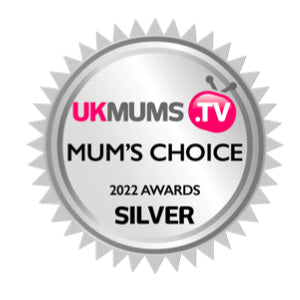Cancer & Hair Loss
As a hair loss specialist, I have helped many people overcome hair loss after completing their cancer treatment. As October is Breast Cancer Awareness Month, I wanted to share some of the ways you can cope with this physically & emotionally.
Every year around 11,500 women and 85 men die from breast cancer in the UK – that’s nearly 1,000 deaths each month, 31 each day or one every 45 minutes (Breast Cancer Now).
To highlight the importance of breast awareness, education and research, the month of October is Breast Cancer Awareness Month. Due to improvements in treatment and care, earlier detection through screenings and faster diagnosis, breast cancer survival has doubled in the past 40 years throughout the UK (Breast Cancer Research).
It is great that survival rates are improving however, many people are still unaware of the signs and symptoms which can be attributed to breast cancer.

It is important to check your breasts regularly and schedule a Doctor’s appointment if you notice any of the following symptoms:
- A new lump or area of thickened tissue in either breast
- A change in the size shape of one or both breasts
- Unusual discharge of fluid from either of your nipples
- A lump or swelling in either of your armpits
- Dimpling on the skin of your breast
- A rash on or around your nipple
- A change in the appearance of your nipple
For more information on symptoms visit the NHS website and for guidance on how to check your breasts properly please visit Breast Cancer Now.

Hair Loss As a Result of Cancer
Hair grows in cycles, as each hair grows it rests and then eventually falls out, and this process is repeated. When we are healthy around 90% of our hair is at the growing stage of this cycle (Macmillan) but the powerful nature of cancer treatments harms the cells that help your hair to grow.
Hair loss is a common side effect for many cancer treatments such as chemotherapy, radiotherapy, or a stem cell (bone marrow) transplant and can affect hair all over your body, not just on your head.
Hair loss is a devastating ordeal as it can feel like we are being stripped of our identity, making us feel far from our usual selves.
Here are some ways to help deal with hair loss emotionally:
- Talk to friends & family - It can take time to open up to other people about your hair loss. However, verbalising how you are feeling to those closest to you can provide emotional support and comfort during a difficult time.
- Join a cancer support group - some people find it easier to talk to someone they don’t already know or who has gone through similar experiences, which is why joining a cancer support group or talking to a cancer support specialist can be beneficial.
Unfortunately, hair loss caused by some of these cancer treatments is difficult to prevent but luckily in most cases, your hair will begin to grow back three to six months after your treatment has finished. Hair growth rate will vary on a case by case basis however, on average you can expect to see hair grow at around half an inch per month.
Here are some top tips for stimulating hair growth after treatment:
- Avoid excessively brushing or combing your hair
- Refrain from using heated styling tools such as flat irons or hair dryers
- Do not use harsh chemicals on your hair such as hair dyes
- Consume a healthy and balanced diet. Our bodies immune systems are significantly weaker after undergoing such harsh treatment which is why it is important to incorporate nutrient dense foods into our diets. This helps to maintain our wellbeing and keep our bodies functioning as they should.
Within two to three months you will find that you can wear your hair in a very short crop and between five and eight months a short-textured style. During and after treatment many people also wear wigs to help them feel more comfortable and confident but rest assured, wearing a wig will not compromise your new hair growth!
At my salons we are always happy to provide help and guidance when it comes to different types of wigs and planning for hair loss. Feel free to click here for more information.
Read more information on how to cope with hair loss caused by cancer treatments.
Read our blog for insights into how to manage and treat other forms of hair loss.
As a salon owner and hair loss specialist I have helped many people who have suffered with hair loss after their cancer treatment. If you’d like to book a consultation with me or would like some more information on how I can help then get in touch.




























